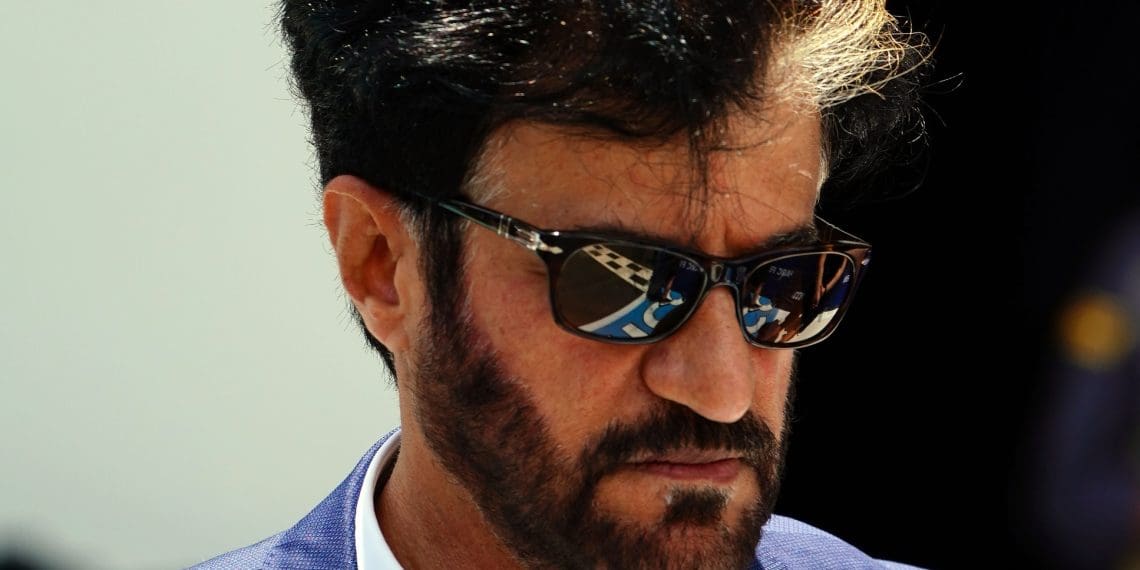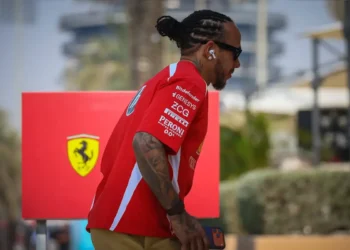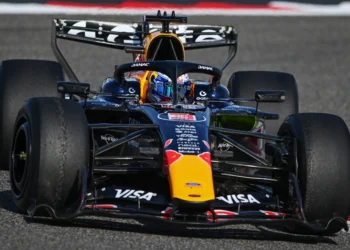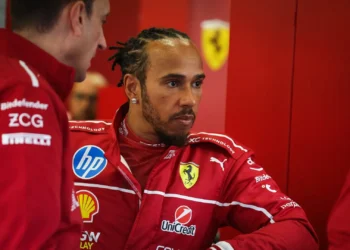The tension between Formula 1 drivers and the FIA has reached new heights in recent years, with the recent controversy surrounding Max Verstappen’s punishment for swearing at a press conference igniting a storm of criticism. The incident, which saw Verstappen penalized by the FIA for his use of profanity, sparked widespread backlash, particularly directed at the governing body and its president, Mohammed Ben Sulayem.
The situation quickly escalated beyond Verstappen and the FIA, with drivers and fans alike mocking the strict enforcement of regulations. Verstappen, known for his defiant nature, responded by deliberately offering one-word answers in press conferences, intensifying the pressure on the FIA to loosen its grip on such matters.
However, much of the criticism was directed at Ben Sulayem, who defended himself against what he described as a targeted campaign by the British media. In his response, the Emirati president highlighted how he felt unjustly convicted by the media, despite his belief that the outrage was overblown.
“I respect Max [Verstappen] because I’m a driver. I was a champion, and I respect winners and champions. I see he had his share [of mistreatment], but let’s talk about me,” Ben Sulayem remarked. “If you look at the British media and what they did to me… For God’s sake, they convicted me. They didn’t accuse me of anything, but they keep on going. And do I care? No. Why? Because what are they after? They are after selling and getting more coverage for themselves.”
Ben Sulayem’s comments reflect the growing frustrations of not only drivers but also high-profile figures within the F1 community, who have increasingly spoken out against perceived biases and harsh treatment by the media. This criticism has been amplified by the actions taken by Verstappen and other drivers, who feel the FIA’s approach to managing public interactions is too heavy-handed.
Despite being the target of much of the media scrutiny, Ben Sulayem remains resolute in his responsibilities as FIA president. His recent remarks indicate that he views the controversy as a challenge he has overcome, adding that the experience has made him more resilient.
“They made me stronger. I’m more careful now and more wise. I have the support [of the member clubs], and if and when the members decide it’s time to change me as president, it’s their call. But I don’t go back to anyone, I don’t answer very much to you [the media], and I don’t retaliate. Why? Because I don’t have the time. I’m so busy answering what the members and motorsport want.”
Sulayem’s tenure as FIA president is nearing its end, raising questions about whether he will soften his stance on certain issues in hopes of securing another term. While he insists he is unfazed by the criticism, his leadership style and the FIA’s handling of internal F1 issues have faced significant scrutiny in recent times.
The FIA’s credibility, which has taken a hit due to various controversial decisions, will likely take time to rebuild. With drivers, fans, and media outlets continuing to voice their discontent, it remains to be seen how the organization will address the ongoing concerns and restore its standing in the sport.










